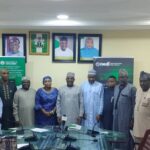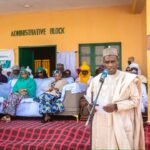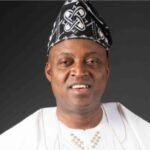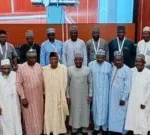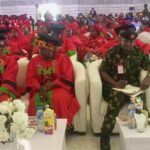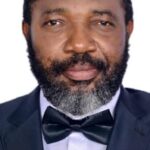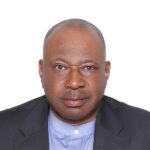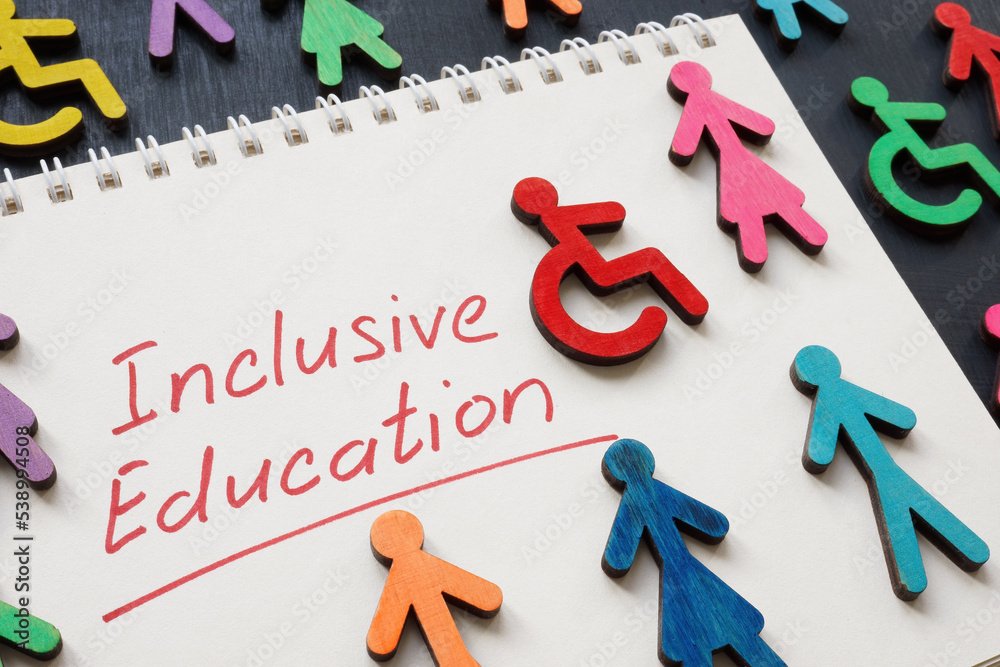By Rukayat Adeyemi
The Permanent Secretary, Federal Ministry of Education, Mr David Adejo, has described the approval of the revised national policy on inclusive education as a working document aimed at providing equal access to quality education.
Adejo said this in an interview with the News Agency of Nigeria (NAN) on Tuesday in Lagos.
He was reacting to some of the decisions taken at the 67th National Council On Education (NEC) meeting held on Dec.14 and 15 in Lagos.
NAN reports that the NCE had among other major policy decisions approved that candidates with disabilities be exempted from the post-Unified Tertiary Matriculation Examination.
It also decided that the exemption should include prison inmates and their obtainable scores should be adjusted to 100 per cent, while any one minimally qualified should be granted admission.
Adejo explained that the revised policy seeks to bring everybody into a basket and ensure that everyone, regardless of their state, is able to have equal access to quality education.
According to him, education is a human right and every living person should be educated.
The permanent secretary said while it was important for everyone to be educated, some majority, out of the way they were born, cannot attend school or go through the same processes like others and as such must be catered for.
“We must treat these people specially; though the same criteria could be used in-terms of teaching to assess them, we must take note of their peculiarities,” he said.
According to him, the revised policy having been approved by the NCE, the highest policy making body of education in the country, is expected to be domesticated by various states across the country.
Also speaking, Dr Grace Billa, Consultant, Inclusive Education Expert, SightSaver International, expressed satisfaction on the approval of the revised policy and its implementation guide by the NCE.
Billa said SightSaver, as a non-governmental organisation, have been in the forefront over the years demanding for the approval of a revised policy to help students and people living with disabilities get equal assess to education.
She stated that the aim of SightSaver is to ensure that all learners and children have equal access to quality and equitable education, which is the essence of inclusive education.
Billa lauded the NCE for approving the policy with an implementation guide, as the NGO would set up a roundtable for the stakeholders involved in the implementation of the policy by 2024.
“We are happy with the approval of this revised policy because it would allow all learners to learn together and provide access to those students who exhibits some limitations in terms of disabilities.
“It is a wholistic education system that allow everybody in the system to feel recognised; differences are not challenges or limitations, but strength,” she said.
In his contribution, Mr Uche Enyioha, Project Coordinator, Inclusive Education Policy Review of The Albino Foundation (TAF), expressed excitement on the approval.
Enyioha described inclusive education as a critical part of the well-being and welfare of the People with Disabilities.
He said: “We are very delighted that the policy have been approved and the success recorded.
“The processes to the approval started sometimes in 2022 and we had series of engagements and workshops where we properly redesigned the approach to inclusive education.
“TAF Africa coordinated the entire process to the approval, which was funded by SightSaver, just to have something that is robust and very responsive to the current need and status of higher education in Nigeria,” he said.
According to him, the approval of the policy introduces the private sector led education interventions that enables the private sector to appreciate education needs and allow them drive the idea of inclusive education.
Enyioha said to achieve this, the TAF would establish a public-private sector arrangement that enables the development of Model Inclusive Schools to be run by private sector persons.
He expressed disappointment that the previous policy did not quite articulate the involvement of the parent of the special students in ensuring that they get access to education.
“TAF has created a process of value chain where the parents of the special children are interested and involved in the education of their ward,” he said.
The NCE is under the Chairmanship of the Minster of Education with the Minister of State as the Vice Chairman and commissioners from the 36 states and Head of Education Secretariat of the Federal Capital Territory, as members. (NAN)
Edited by Chinyere Joel-Nwokeoma


